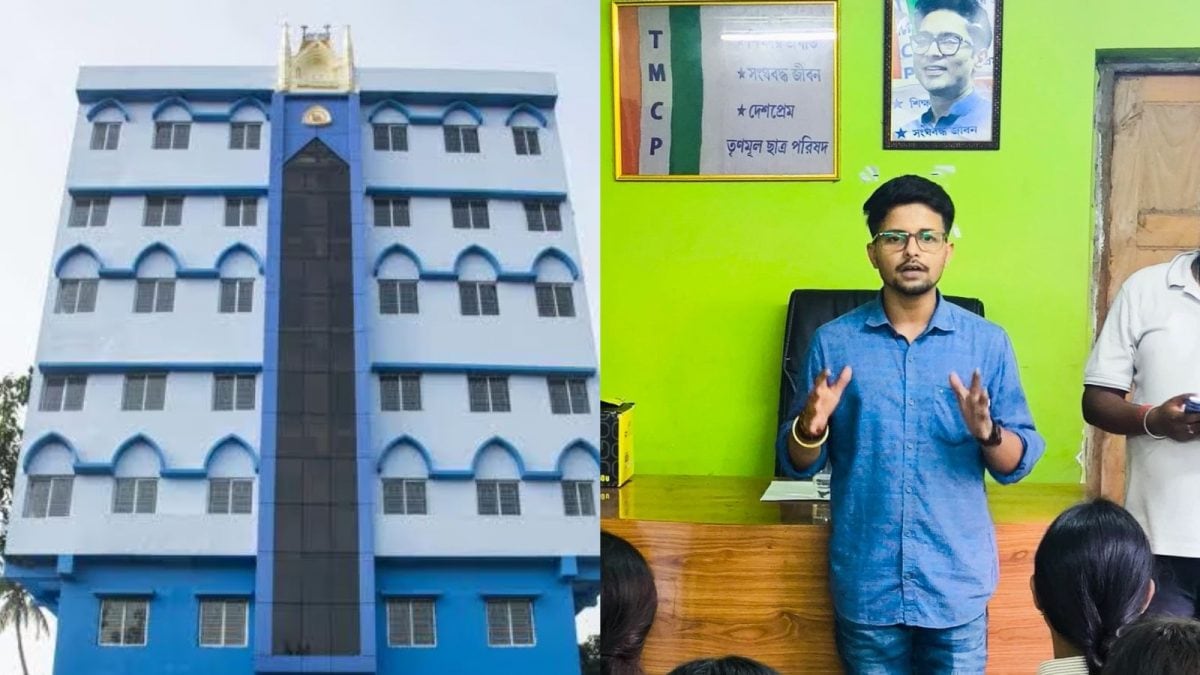Electric vehicle charging station operators, also known as Charge Point Operators, are disappointed with the recent electricity tariff order by the Tamil Nadu Electricity Regulatory Commission (TNERC), which has rolled back some of the reduction made in the fixed charges for the charging stations in previous orders.
As per the TNERC tariff order effective from July 1, the demand charges for EV charging have been reduced by 50% for the year 2025-26.
This is a roll back from the 75% reduction (fixed charges for EV charging stations under LT–VII tariff category in the above 50-112 kW slab was reduced to ₹75 per kW per month in 2023 from ₹300 per kW per month in 2022).
In the recent tariff order, fixed charges for EV charging stations under LT–VII tariff category in the above 50-112 kW slab have been increased to ₹165 per kW per month when compared to the previous tariff of ₹79 per kW per month.
For EV charging stations of above 112 kW under HT-V tariff category, the demand charges have been increased to ₹304 per kilovolt-amperes (kVA) per month from the existing tariff of ₹145 per kVA per month in the order. “The recent tariff increase renders the business of operating EV Charging Stations in Tamil Nadu unviable. It will cripple the growth of charging infrastructure in the State, leading to reduced adoption of EVs. The demand charges were reduced by 75% in 2023, but that reduction has now been rolled back. This also creates uncertainty in the minds of operators,” Karthikeyan Palanisamy, director, The Indian Charging-Point Owners Association (ICPOA), said.
He also pointed out that the State is yet to implement the Union Power Ministry’s guidelines for a single part tariff for EV charging stations.
Highest fixed charges
“Tamil Nadu has the highest fixed charges for EV charging stations. While in States such as Kerala, Delhi, and Maharashtra, the fixed charges are nil, in others like Karnataka, they are much lower,” Mr. Palaniswamy said.
According to Ragavendra Ravichandran, co-founder and chief operating officer, Plugzmart (a Chennai-based EV charger manufacturer), a steep hike in fixed electricity charges has made high-capacity public charging stations financially unviable, at a time when utilisation is still ramping up.
“As an EV charger manufacturer, we see operators hesitating to deploy 60kW-240kW chargers due to recurring fixed costs. This not only disrupts our deployments, but risks slowing Tamil Nadu’s EV adoption. A more rational tariff structure, such as demand-based billing or temporary fixed charge waivers, is essential to keep the ecosystem moving forward,” he added.



.png)
.png)
.png)
















 9 hours ago
7
9 hours ago
7










 English (US) ·
English (US) ·